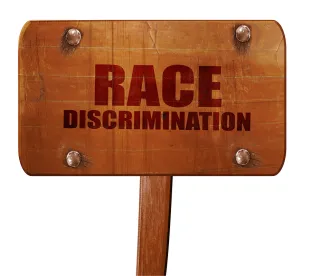Georgia has enacted a hate crimes law, leaving only three states (Arkansas, South Carolina, and Wyoming) without such a law on the books.
Capitalizing on bipartisan momentum on the heels of the controversial deaths of Georgia citizens Ahmaud Arbery and Rayshard Brooks and protests demanding action against racism and police brutality, Georgia legislators resurrected stalled hate crimes legislation. Lawmakers had passed a hate crimes law in 2000. That law was struck down by Georgia’s Supreme Court on October 25, 2004. It was found to be unconstitutionally vague and so broad it would even apply to a sports fan picking on somebody wearing a rival team’s cap.
The hate crimes bill that Georgia Governor Brian Kemp signed into law on June 26, 2020, imposes additional criminal sentencing guidelines on anyone who commits a “hate” crime intentionally based on race, sex, sexual orientation, color, religion, national origin, mental disability, or physical disability.
Under the new law, a person found guilty of committing a hate crime would face an additional six-to-12 months in prison and a fine of up to $5,000 for one of five misdemeanor offenses, and at least two years in jail for a felony offense.
This law also specifically requires law enforcement officers to prepare and submit a written report, called a “Bias Crime Report,” when investigating any crimes that appear to be hate crimes, whether or not an arrest is made. This report will include such information as the complainant’s name and protected status (e.g., race) and whether there is evidence the incident at issue occurred because of the person’s actual or perceived attributes, and the existence of any objects associated with the terrorizing of persons based on those attributes. The fact that an aggressor and victim are of different races or other protected classes, however, should not mean the hate crimes law automatically applies.
While the new hate crimes law does not expressly address workplace discrimination in the private sector, Georgia employers should consider reviewing their anti-harassment and anti-discrimination policies, practices, and communications and conducting regular workplace training on anti-harassment, anti-discrimination, and unconscious bias.





 />i
/>i

